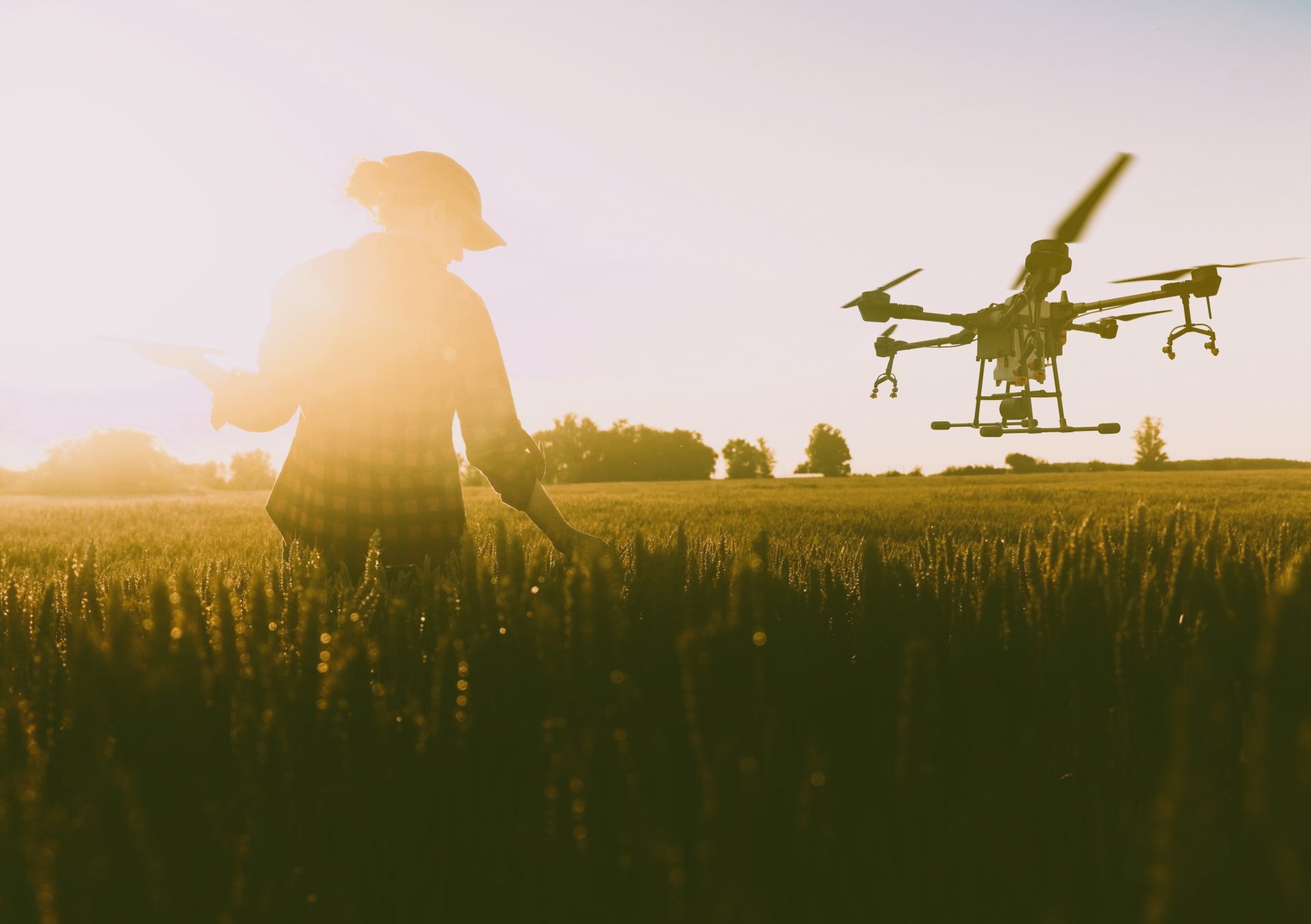A revision of directive 2009/128/EC is part of the European Commission’s work programme for 2022. The so-called “Sustainable Use of Pesticides Directive (SUD)” aims to set minimum rules to reduce the risks to human health and the environment associated with pesticide use. How can innovation help?
The European Commission is planning an overhaul of the Sustainable Use of Pesticides Directive (SUD), originally issued in 2009, in March 2022. Pesticides are widely used in agriculture and have a major role in sustainable food and feed production if used appropriately. Nevertheless, the chemicals that form the basis of most pesticides can result in unacceptable risks to human and animal health and the environment, particularly if used in large quantities.
It is worth noting that the use of pesticides has been identified as an important driver for the substantial decline in biodiversity in agricultural ecosystems registered in recent years throughout Europe. The latest data available from FAO sets the global pesticide use for 2018 at 4.12 million tonnes, with the average pesticides use per area of cropland increasing from 1.80 kg/ha to 2.66 kg/ha in the last two decades.
The SUD already provides a range of actions to achieve sustainable pesticide use by reducing the risks and impacts on human health and the environment. However, also in light of the substantial differences in agriculture across the various EU Member States, its application is mainly based on National Action Plans (NAPs) setting out their quantitative objectives, targets, measures and timetables.
A 2020 review published by the European Commission suggested that most Member States had failed to promote sustainable use of pesticides and were not meeting the requirements set out in the directive. Consequently, in 2021, the Commission launched an online public consultation to determine what European citizens and organisations think about the best ways to reduce pesticide use in the EU. The ambitious goals set by the European Green Deal and the Farm to Fork Strategy include a 50% reduction in the use of pesticides by 2030, and the European Commission will have to find ways to make the Directive work more efficiently or better achieve its objectives.
At Re-Imagine Europa, we strongly believe that innovation can help find new solutions to make agriculture and food production more sustainable. Innovative technologies like Artificial Intelligence, Robotics, and Genome Editing can help reduce the use of chemical-based pesticides and fertilisers. For instance, the combination of AI and Robotics could allow automatised precision weeding. Several genome-edited plant varieties that are more resistant to pests (as well as to drought and freezing) are already being tested, mainly in the US, Japan and Latin America due to their more innovation-oriented legislation.
Re-Imagine Europa’s Task Force on Sustainable Agriculture and Innovation has been working since 2019 on a new vision for the agricultural sector in the 21st Century. Most experts agree that the objectives set by the Farm to Fork Strategy and the European Green Deal can only be achieved by rethinking the relationship between nature and technology, using the enormous potential of the latter to make the use of natural resources more efficient and sustainable. If you are interested in this topic, follow our social media channels (Twitter – LinkedIn) and our Planet area’s specific homepage for the latest news and updates. More will soon follow, so stay connected!




